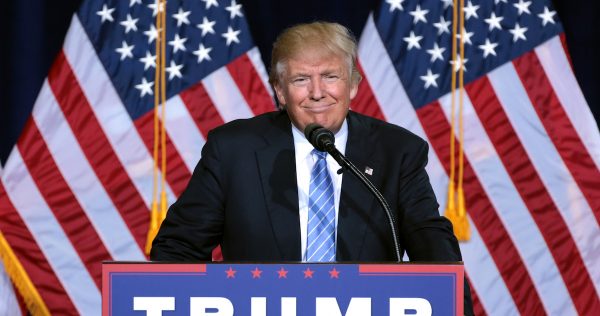
The Los Angeles Times is reporting that a Colorado federal judge “has emerged as a leading contender” to fill the vacancy left by the death of Justice Antonin Scalia on the Supreme Court of the United States (SCOTUS).
Forty-nine-year-old Judge Neil M. Gorsuch was named by the newspaper as the jurist who could succeed Scalia, who authored the 2008 Heller ruling that defined the Second Amendment as protective of an individual civil right. On the campaign trail, Donald Trump said he would name someone to the high court with the same judicial approach as Scalia.
Judge Gorsuch currently sits on the 10th Circuit Court of Appeals in Denver, and is a Colorado native. He clerked for Justice Anthony M. Kennedy and served in the Justice Department under George W. Bush.
Vowing to fight anyone who is not “bipartisan and mainstream,” anti-gun Sen. Charles Schumer (D-NY) is already playing political games by allegedly slowing down the confirmation process for Trump’s cabinet picks. He does not want a high court vacancy filled by a pro-gun conservative, but with Republicans in control of the Senate Judiciary and the full Senate, he may not be able to prevent it.
Schumer made news this week over a confrontation he reportedly had on the Senate floor last week following Trump’s inauguration. That was with Arkansas Sen. Tom Cotton, as reported by the Fox News Insider.
The Los Angeles Times noted that, “In Gorsuch, supporters see a jurist who has strong academic credentials, a gift for clear writing and a devotion to deciding cases based on the original meaning of the Constitution and the text of statutes,” same as Scalia.
For the firearms community, filling the Scalia vacancy with a conservative could mean restoring momentum to Second Amendment legal activities. The Second Amendment Foundation and National Rifle Association both have legal actions in progress, and both organizations would like to have a right-to-carry case go to SCOTUS.
Trump needs to fill the vacancy soon, and then begin focusing on some 100-plus vacancies on the lower federal courts. More conservative judges on the lower courts could bring some balance to the various circuits, where much gun law will likely be decided in the years ahead.